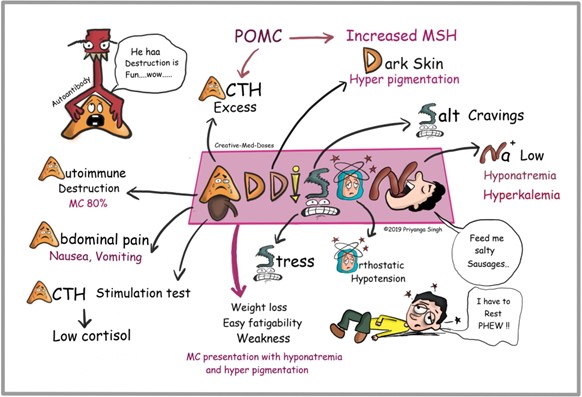A client with a chlamydia infection receives a prescription for a single dose azithromycin 1 gram by mouth. The bottle is labeled "Azithromycin for Oral Suspension, USP 200 mg per 5 mL."
How many mL should the nurse administer?
(Enter numerical value only.)
The Correct Answer is ["25"]
The prescription is for 1 gram of azithromycin, which is 1000 mg. The concentration of
the suspension is 200 mg per 5 mL. To calculate the amount in mL:
1000 mg / 200 mg per 5 mL = 25 mL
The nurse should administer 25 mL of the suspension.
Nursing Test Bank
Naxlex Comprehensive Predictor Exams
Related Questions
Correct Answer is ["B","D"]
Explanation
A) Incorrect- This behavior is not safe for maintaining balance. Bending from the waist can increase the risk of falling. Clients should bend at the knees and use proper body mechanics to pick up objects from the floor.
B) Correct- Widening the stance provides a broader base of support, which can help improve balance and stability while working near the sink. This is a safe behavior to maintain balance.
C) Incorrect- Locking the knees while standing can lead to instability and decreased balance. It is recommended to keep the knees slightly flexed to maintain better balance.
D) Correct- Bringing a heavy object close to the body before lifting minimizes strain on the back and helps maintain balance. This is a safe behavior when lifting objects.
E) Incorrect- Leaning forward to pull an object from a high shelf can disrupt the center of balance and increase the risk of falling. It's important to use a step stool or ask for assistance when reaching for items on high shelves.
Correct Answer is C
Explanation
The client with Addison's disease is experiencing weakness, confusion, and dehydration, which can be indicative of an adrenal crisis. The low sodium level (129 mEq/L) and low glucose level (54 mg/dl) further support this suspicion. An acute viral infection can trigger an adrenal crisis in individuals with Addison's disease.

Intravenous hydrocortisone, a glucocorticoid, is the treatment of choice for managing an adrenal crisis. It helps to replenish cortisol levels and stabilize the client's condition.
Hydrocortisone helps in restoring the body's stress response and regulating electrolyte and glucose levels.
A broad-spectrum antibiotic may be necessary if there is evidence of a bacterial infection, but it does not directly address the symptoms associated with Addison's disease.
Regular insulin is used for managing high blood glucose levels in conditions such as diabetes, but in this case, the client has low glucose levels, so insulin is not the appropriate intervention.
Potassium chloride is a medication used to treat low potassium levels (hypokalemia), but the client's potassium level is within the reference range (5.3 mEq/L). Therefore, potassium chloride is not indicated in this situation.
Whether you are a student looking to ace your exams or a practicing nurse seeking to enhance your expertise , our nursing education contents will empower you with the confidence and competence to make a difference in the lives of patients and become a respected leader in the healthcare field.
Visit Naxlex, invest in your future and unlock endless possibilities with our unparalleled nursing education contents today
Report Wrong Answer on the Current Question
Do you disagree with the answer? If yes, what is your expected answer? Explain.
Kindly be descriptive with the issue you are facing.
